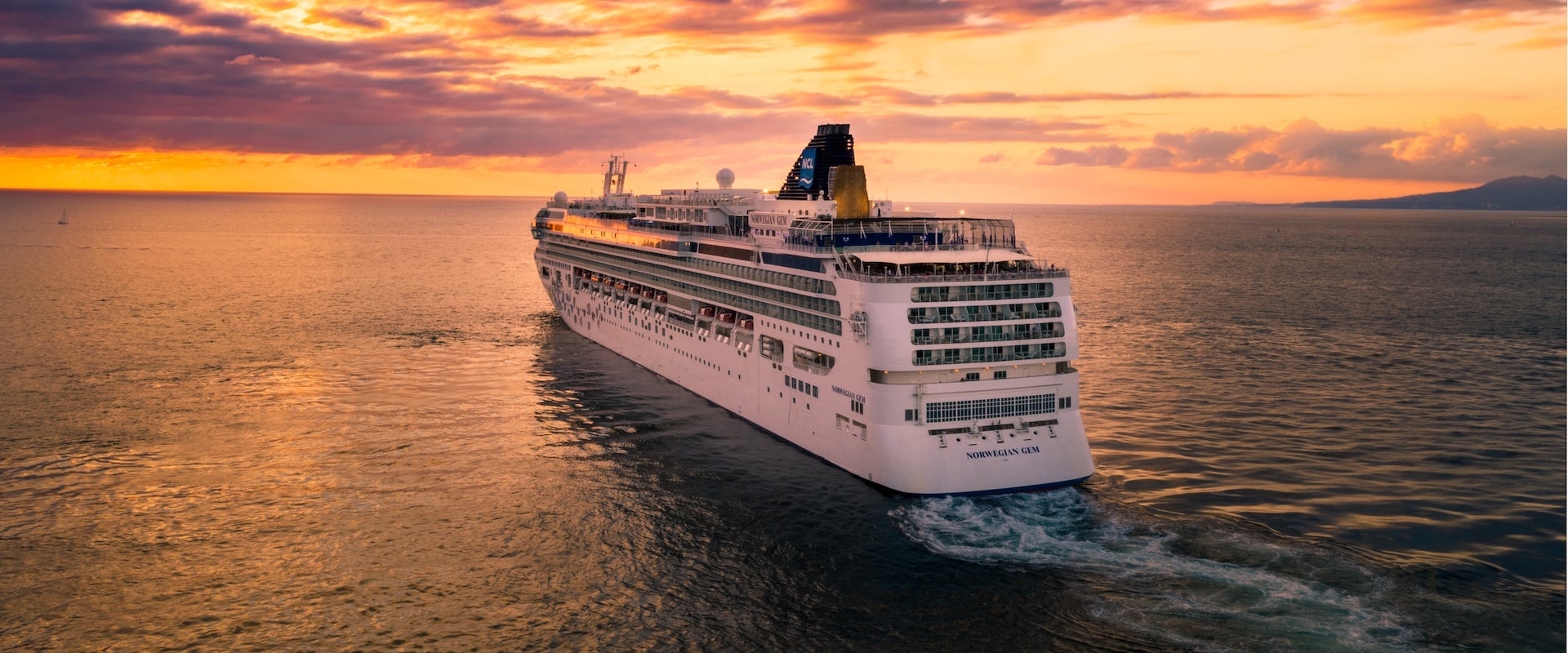Cruise Ship holidays have grown significantly over the past few years. Generally, cruise holidays are relatively low risk with regard to health problems however if there is a possibility of eating off the ship in any less developed countries, vaccinations are advisable.
Travellers should ensure they are up to date with routine immunisations such as tetanus, diphtheria, whooping cough, measles, mumps and rubella as well as the most common vaccine preventable illness in travellers-influenza.
Eating and drinking safely to guard against food and water borne diseases as mentioned on our Traveller’s Diarrhoea fact sheet may be sufficient when you are in port. Depending on your itinerary, where the ship is docking and for how long, other vaccinations such as Hepatitis A may be recommended. You may also have to have proof of Yellow Fever vaccination if travelling through certain areas in Africa or South America.
Outbreaks of vomiting and diarrhoea are not uncommon on cruise ships so make sure to wash your hands frequently with soap and water or use hand sanitiser containing >60% alcohol.
Acquiring a mosquito- borne disease such as malaria is extremely low risk as cruise ships usually moor in port during the day however some mosquitos are day time biting like those carrying Dengue so care must be taken to avoid mosquito bites as outlined on “Prevention of Insect Bites”.
Sea or Motion sickness can be a problem for some people while on a cruise. Your doctor may prescribe antihistamines but they will slow down the speed of which you become accustomed to the movement of the ship and can make drowsy.

